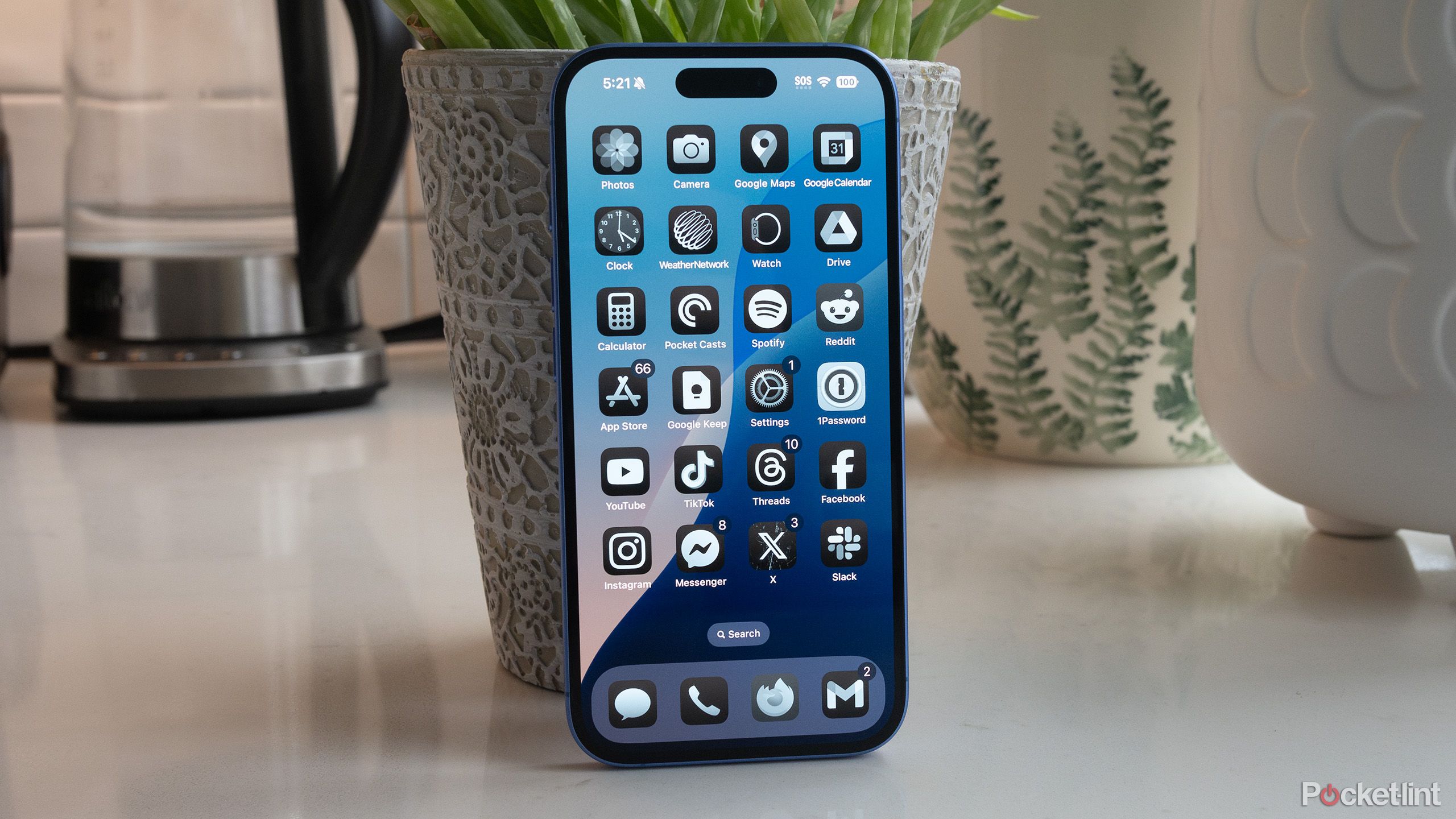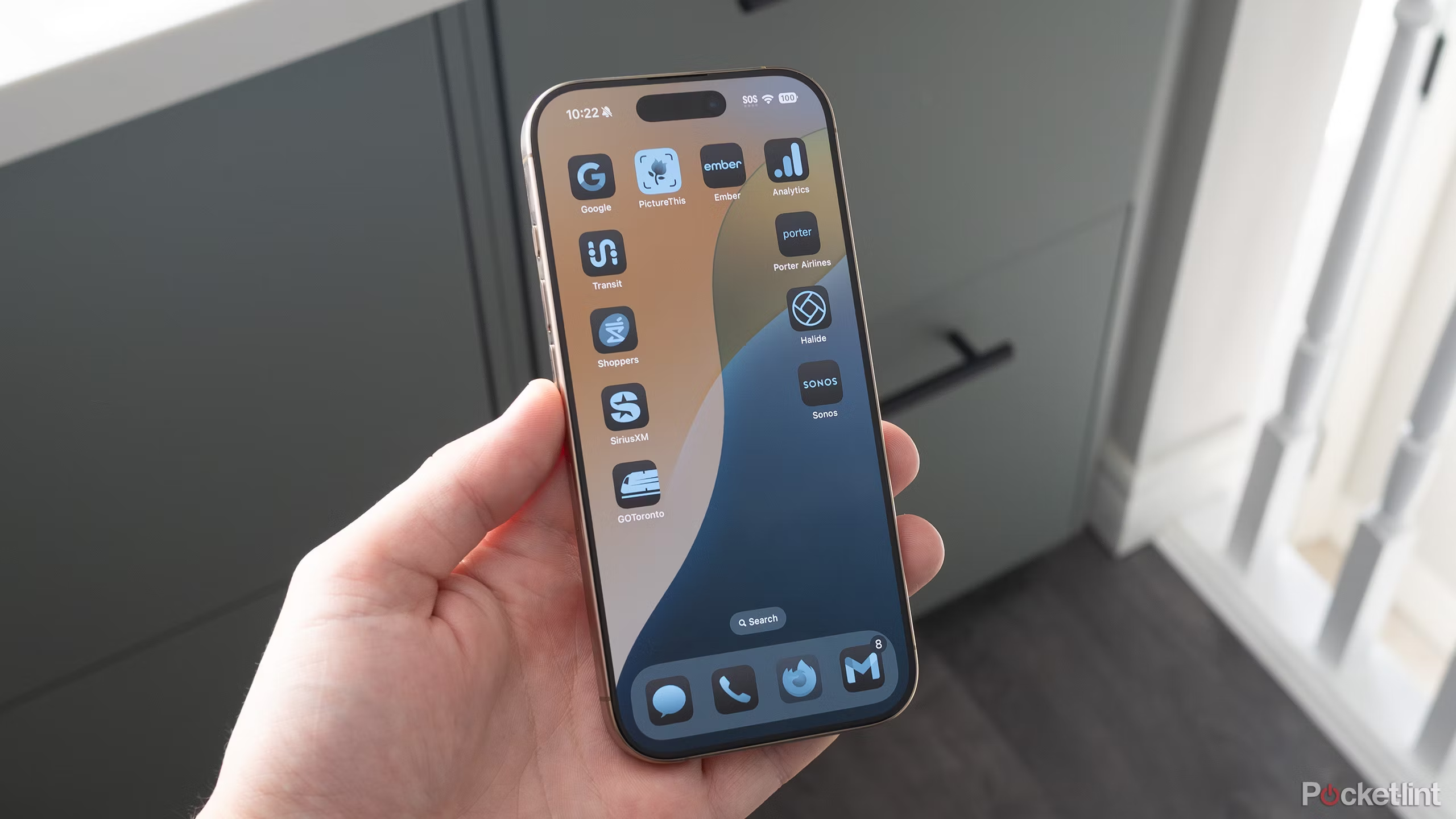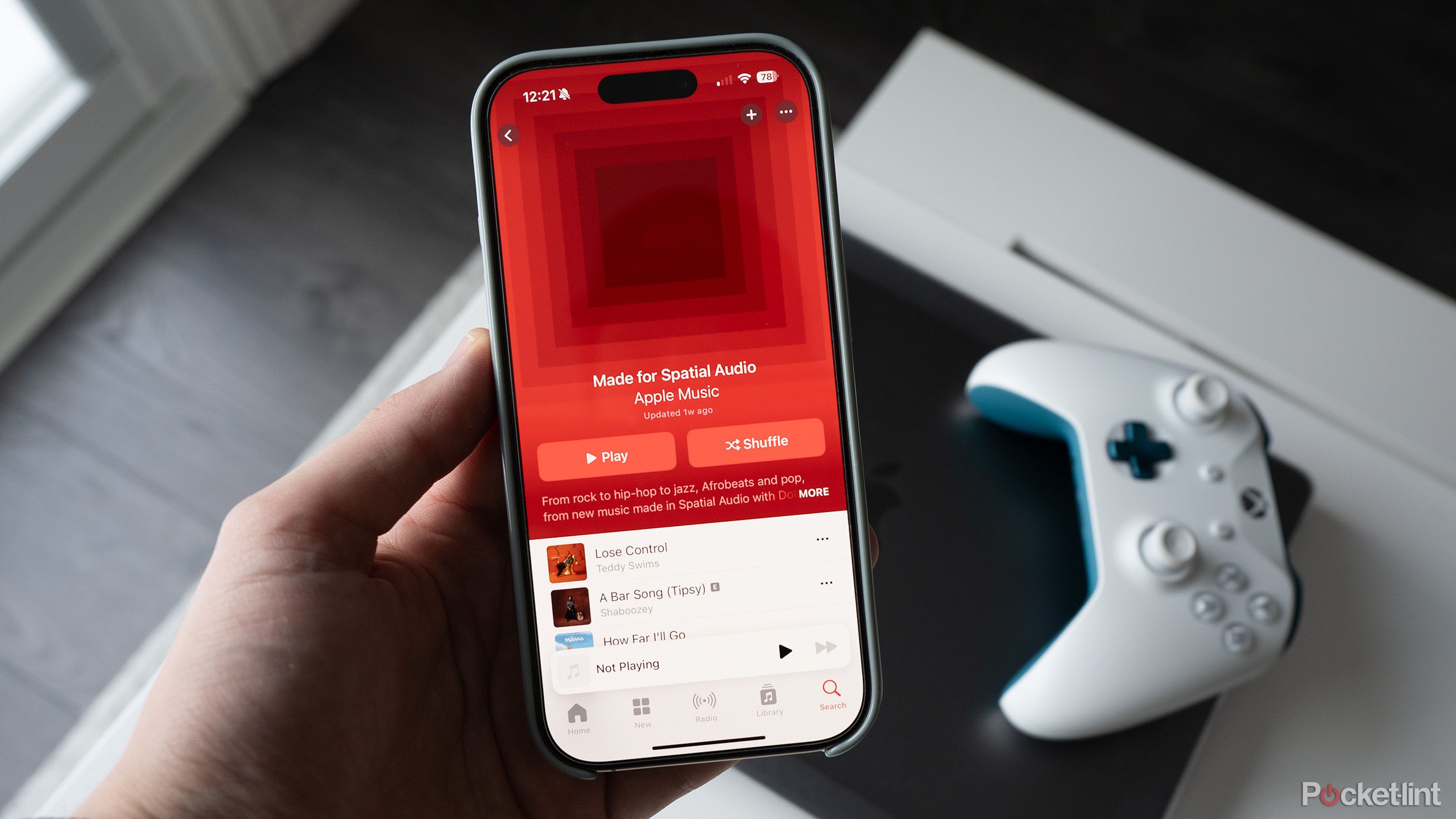Summary
- Apple has nixed a new iPhone subscription idea before it got off the ground.
- It’s just as well, since it would’ve angered Apple’s business partners and created regulatory headaches.
- iPhone buyers are better off not being in debt and having the freedom to switch platforms.
Until recently, it was rumored that Apple was building an iPhonesubscription service. If you’re confused, this would’ve been different from the iPhone Upgrade Program, which simply spreads the cost of an iPhone out over two years. The subscription idea involved monthly billing to your Apple Account, automatically granting you a new iPhone every year — rather than just having the option to get one.
I use the past tense because the latest news, courtesy of Bloomberg, is that Apple has abandoned concept. Personally, I’m happy to hear it. I think the idea would’ve been terrible for consumers, the rest of the industry, and ultimately Apple.
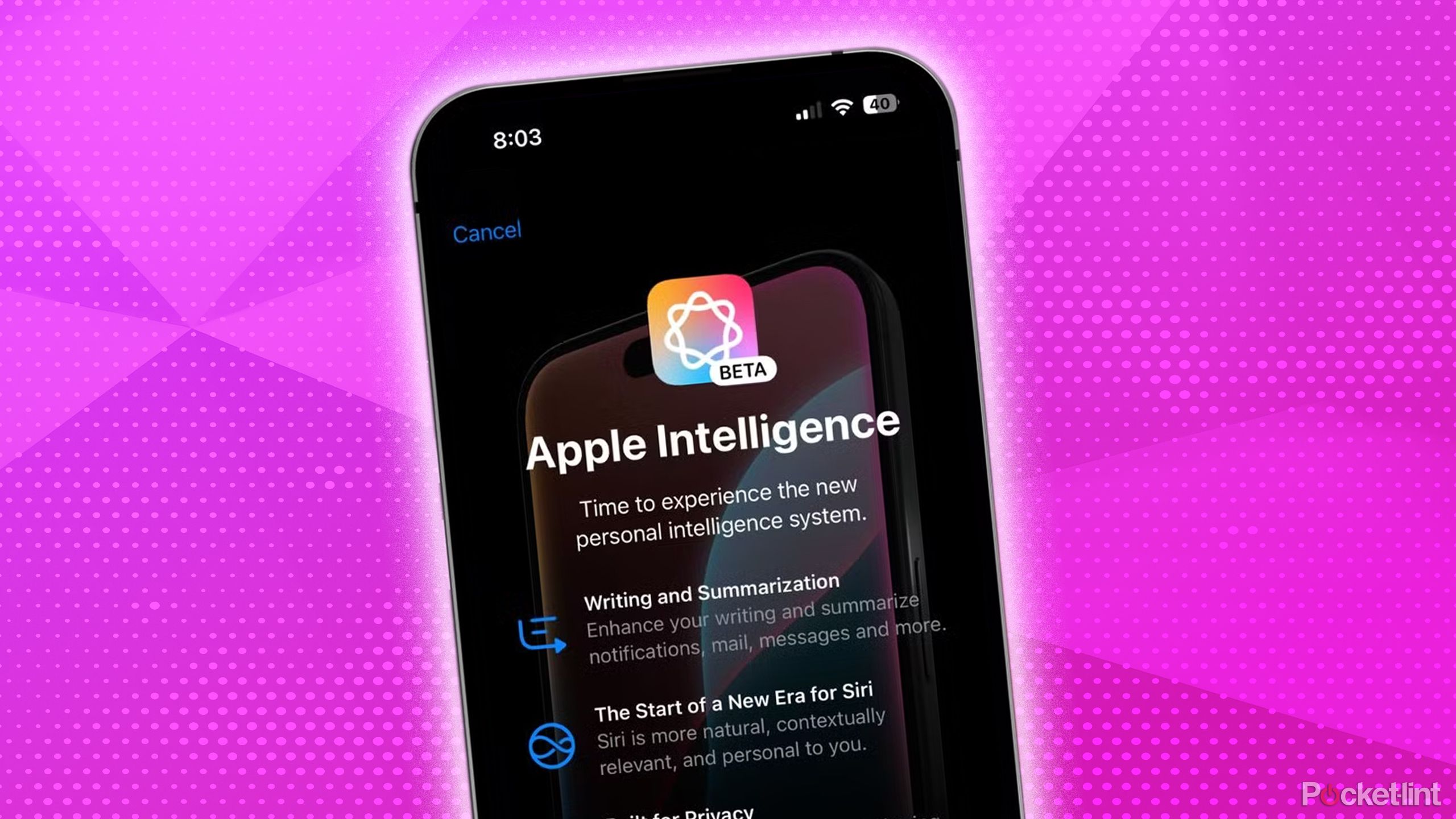
Related
5 Apple Intelligence features that still haven’t launched yet
Apple is being extremely cautious with its generative AI efforts.
An even deeper level of lock-in
Does an Apple Loan sound appealing?
Word is that the subscription service would’ve relied on an “in-house financial infrastructure,” like the deceased Apple Pay Later, and involved Apple extending its own loans to customers. No one outside the company is sure what those loans would have entailed, but the result would presumably have been debt similar to the iPhone Upgrade Program. It’s claimed that subscriptions might’ve been intended as the program’s replacement.
I’ve never been a fan of the Upgrade Program, myself. If you get a new iPhone every 12 months the way Apple advertises, you never really own your iPhone, since it takes 24 months to actually pay it off. You’re also paying more than you would upfront, partly because you’re forced to take AppleCare+. Over those 24 months, a $799 iPhone 16 ends up costing you $948.
Apple’s real goal isn’t to make iPhones affordable, it’s to lock you into the platform.
Going into debt for any smartphone is a terrible idea unless you have no other choice. You’ll inevitably pay more in the end, and if you lose your phone, too bad — you’re still on the hook despite having to buy a new device.
Apple’s real goal isn’t to make iPhones affordable — it’s to lock you into the platform. Paying a monthly fee means a sunk cost that evaporates if you decide to switch to Android mid-stream. If you stick with any platform, it should be because you prefer it — not because it would be too expensive to leave. That’s already a major problem in the industry without introducing debt into the mix, thanks to platform-exclusive features like ecosystem integration. Even Android users may be hesitant to switch for fear of losing some of Google’s AI tech.
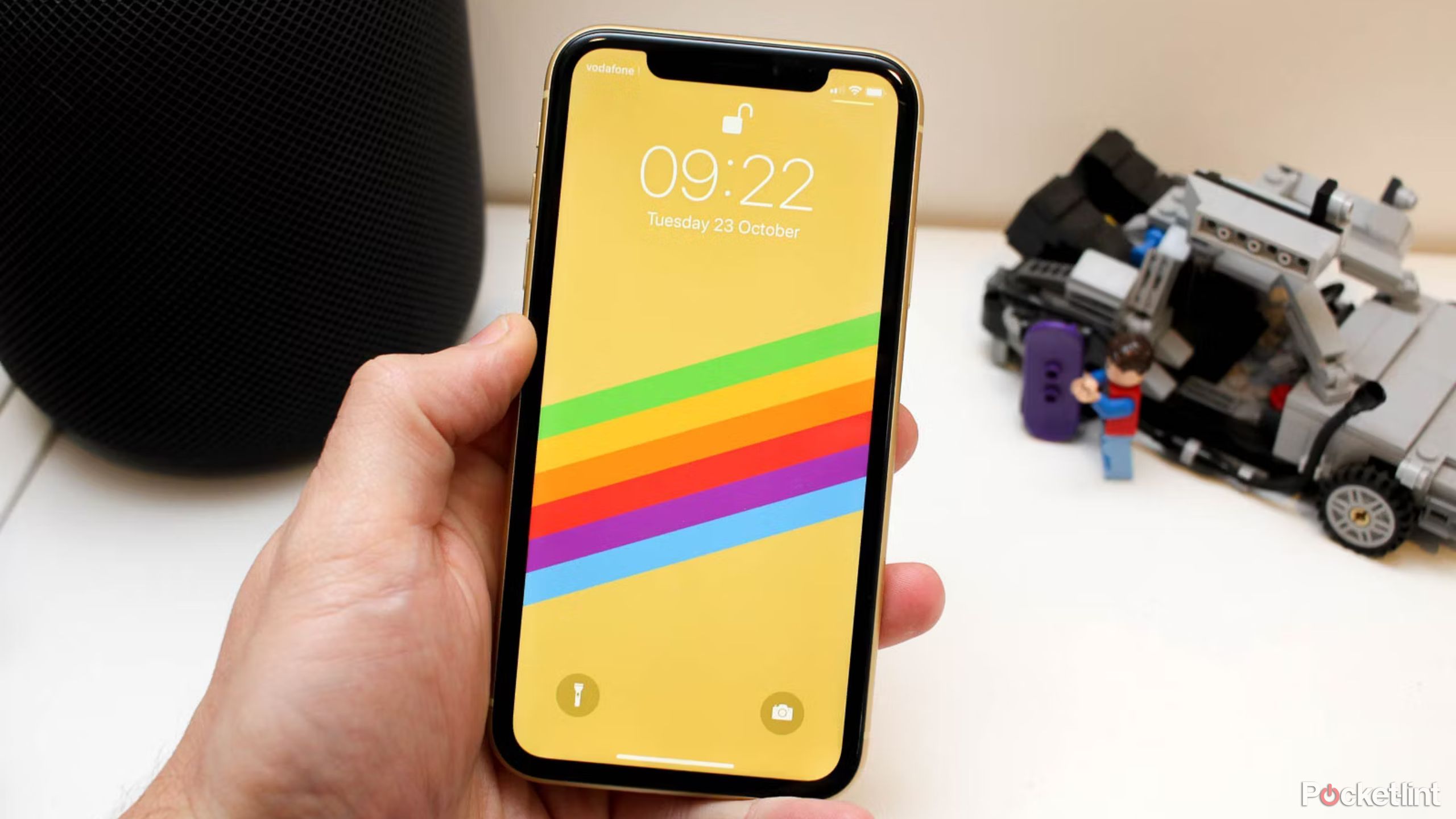
Related
Should you add AppleCare+ to your new Apple device? Maybe. Maybe not.
Research suggests many extended warranty plans aren’t worth the cost, but what about AppleCare+?
A plan that makes sense for no one
Don’t bite the hand that feeds
One of the reported reasons for canceling the subscription plan was one that also doomed Apple Pay Later– the US Consumer Financial Protection Bureau. In 2024, the CFPB began applying the same level of regulation to “pay later” services that it does to credit card companies, and Apple didn’t like having that level of obligation.
A new iPhone subscription sounds like a solution in search of a problem.
It’s also possible that Apple was worried about offending some of its business partners, namely cellular carriers. Those companies are already under strict terms for how they can market and price iPhones, so undermining their promotions and installment plans would’ve upset them further. It’s doubtful any carrier would’ve dropped iPhones from their lineup, naturally — they’re too lucrative for that — but carriers might’ve shifted more resources behind Android brands like Google, Motorola, and Samsung.
In fact, the more I think about it, the more a new iPhone subscription sounds like a solution in search of a problem. The iPhone Upgrade Program already exists. If that’s not appealing, there are third-party services willing to help you, such as Affirm and Klarna. Apple Card holders can use Apple Card Monthly Installments.
In the end, the subscription concept might’ve actually harmed Apple, imposing a larger burden on itself while simultaneously irritating the carriers and debt holders it’s associated with. In the US, loans for the iPhone Upgrade Program are tendered by Citizens Bank. I doubt they would’ve been happy about being cut out of the loop, left with nothing more than authorizing Citizens cards for Apple Pay.
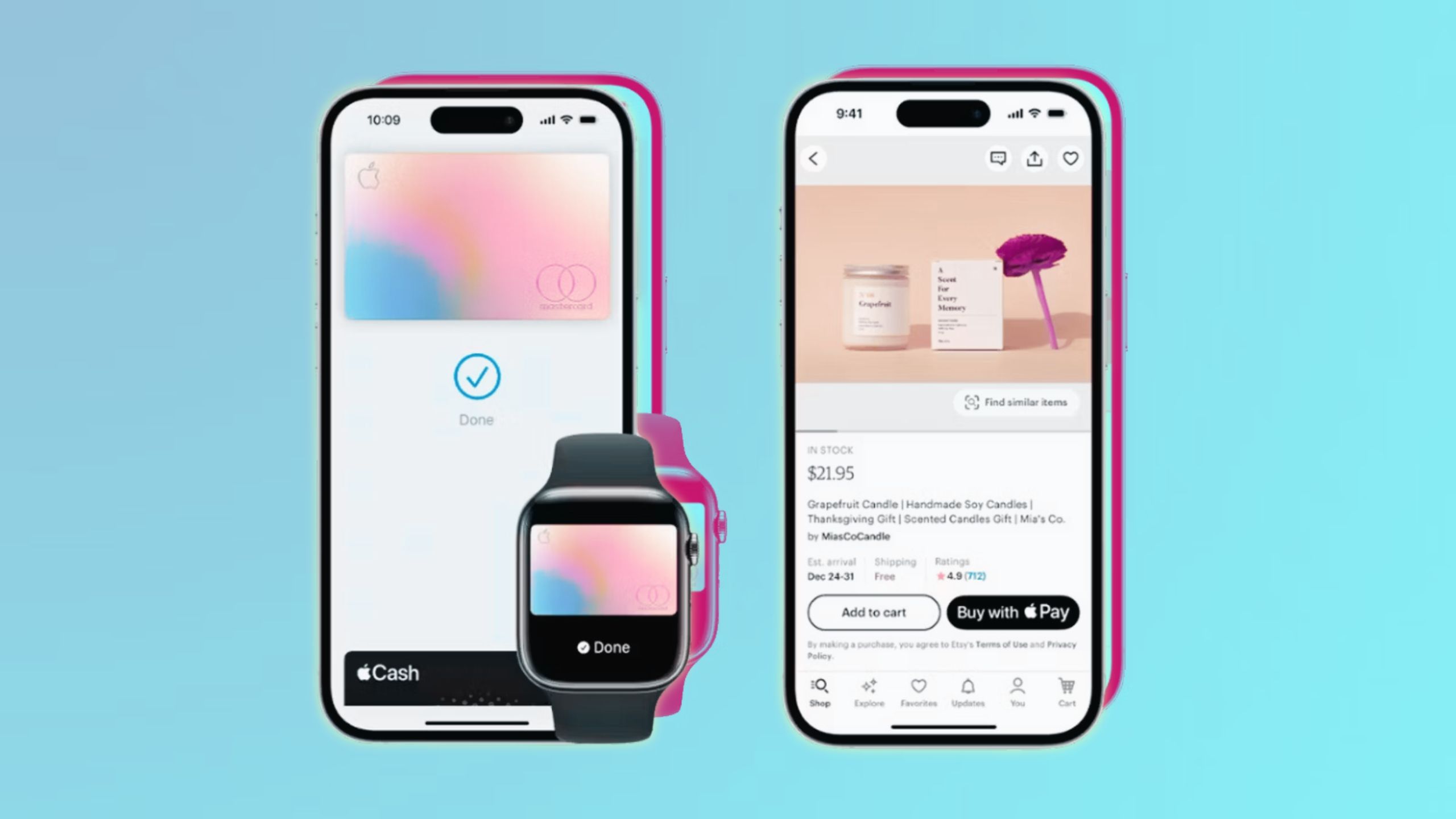
Related
How to set up and use Apple Pay across your devices
Apple Pay makes purchases more convenient with just a tap of your iPhone or Apple Watch. You can also checkout online without digging out your wallet.
Where does Apple go from here?
More carrot, less stick
Apple Music Spatial Audio on the iPhone 16 Pro
For now, it seems Apple is going to maintain the status quo. The company could hypothetically offer a subscription with outside help, but there’s no rumor of that happening, and it would probably be completely redundant with what’s already available.
We all depend on smartphones, yet there’s no model so good that it’s worth taking a financial risk.
All I can see is Apple trying to sweeten the pot somehow. Perhaps it might bundle the iPhone Upgrade Program with Apple Music, Apple TV+, or else an extended Apple One trial? That would make it feel a little more like a bargain, rather than just a way of paying extra in the long haul so you don’t have to pay a lump sum on day one.
I will say it again, though — it’s not worth going into debt for an iPhone. We all depend on smartphones, yet there’s no model so good that it’s worth taking a financial risk. If an iPhone is out of reach, you should be considering budget Android phones in the short term and saving up for better things in the future. Peace of mind is worth more than bragging rights.


